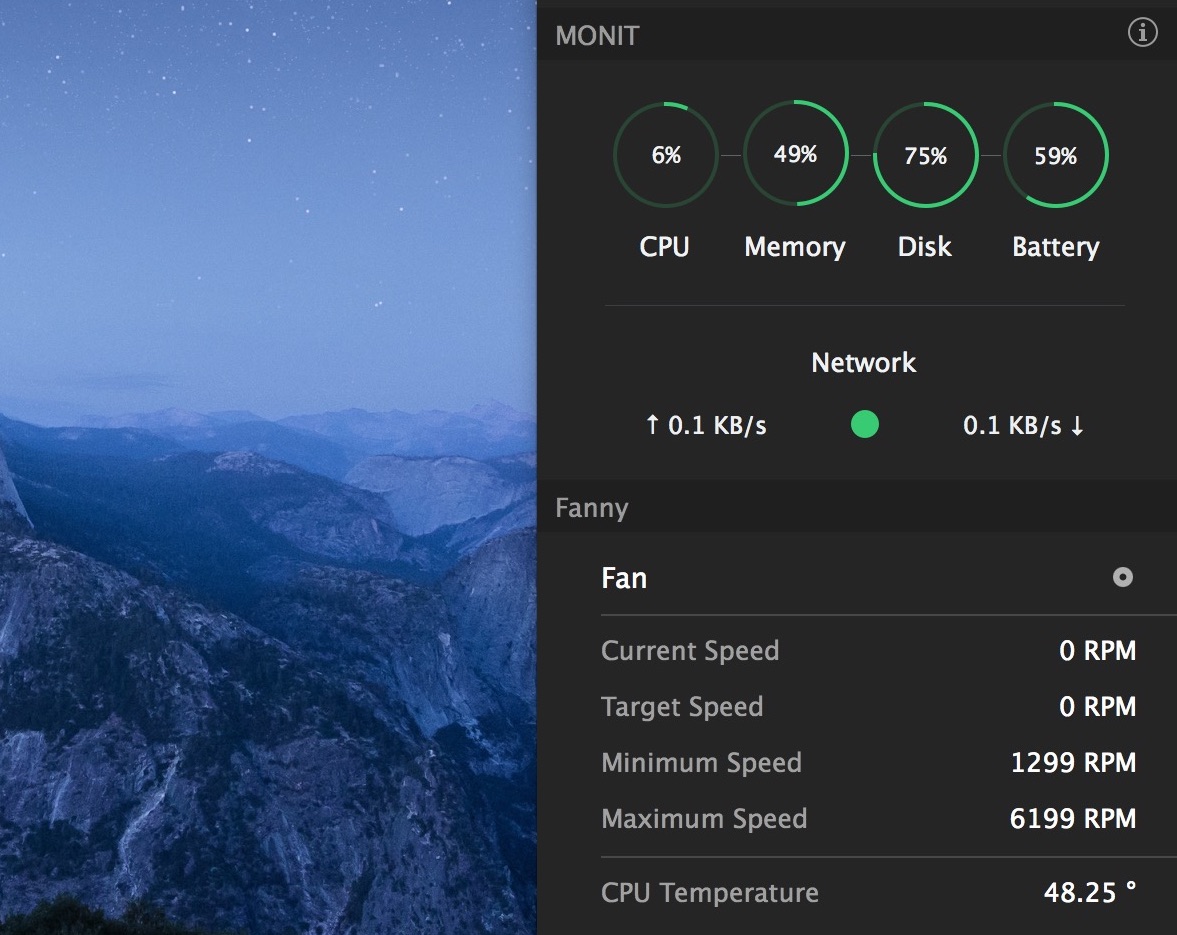Mac users today began experiencing unexpected issues that included apps taking minutes to launch, stuttering and non-responsiveness throughout macOS, and other problems. The issues seemed to begin close to the time when Apple began rolling out the new version of macOS, Big Sur—but it affected users of other versions of macOS, like Catalina and Mojave.
Capo uses a blend of advanced signal processing and machine learning to help you learn songs by ear. Its powerful, simple-to-use tools allow you to dig deep into the details of a recording so you can learn to play songs more accurately, and in less time. Etrecheck is a small, unobstrusive app that compiles a static snapshot of your entire Mac hardware system and installed software. This is a free app that has been honestly created to provided help in diagnosing issues with Macs running the newer versions of OS X. It is not malware and can be safely downloaded and installed onto your Mac.
Other Apple services faced slowdowns, outages, and odd behavior, too, including Apple Pay, Messages, and even Apple TV devices.
It didn't take long for some Mac users to note that trustd—a macOS process responsible for checking with Apple's servers to confirm that an app is notarized—was attempting to contact a host named ocsp.apple.com but failing repeatedly. This resulted in systemwide slowdowns as apps attempted to launch, among other things.
Mac & Boot Camp Fan Control allows you to get detailed information about the fans that are used for cooling Macintosh devices. As the name suggests, it can be used only on the devices that run. If your Mac’s Central Processing Unit (CPU) is overwhelmed by an app, everything on your system may slow down. Launch Activity Monitor and select My Processes from the pop-up menu at the top of.
Users who opened Console and filtered to find the error encountered numerous successive errors related to trustd, as pictured below.
The affected hostname (which is really just a pointer to a whole bunch of servers on Apple's CDN) is responsible for validating all manner of Apple-related cryptographic certificates—including the certificates utilized by app notarization. First introduced in Mojave and made mandatory in Catalina, notarization is an automated process Apple performs on developer-signed software:
AdvertisementThe Apple notary service is an automated system that scans your software for malicious content, checks for code-signing issues, and returns the results to you quickly. If there are no issues, the notary service generates a ticket for you to staple to your software; the notary service also publishes that ticket online where Gatekeeper can find it.
The 'OCSP' part of the hostname refers to Online Certificate Status Protocol stapling, or just 'certificate stapling.' Apple uses certificate stapling to help streamline the process of having millions of Apple devices checking the validity of millions and millions of certificates every day.
When an Apple device can't connect to the network but you want to launch an app anyway, the notarization validation is supposed to 'soft fail'—that is, your Apple device is supposed to recognize you're not online and allow the app to launch anyway. However, due to the nature of whatever happened today, calls to the server appeared to simply hang instead of soft-failing. This is possibly because everyone's device could still do a DNS lookup on ocsp.apple.com without any problems, leading the devices to believe that if they could do a DNS lookup, they should be able to connect to the OCSP service. So they tried—and timed out.
The situation lasted for several minutes, and while some temporary workarounds circulated on forums, chat rooms, and Twitter, the problem behavior eventually cleared as Apple presumably resolved the underlying issue.
Apple had previously announced that Big Sur would launch today, and the problems began almost precisely in time with the rollout. We have reached out to Apple for comment and will share any statement if we receive one.
Capo Specifications

Playback
- Slow down audio without affecting pitch
- Transpose to different keys
- Isolate instruments and vocals
- Eliminate instruments and vocals
- Scrub with audio frozen in time
Song Analysis
- Detects chords, and the key of your song files
- Uses beat detection to calculate tempo and provide snapping
- Powerful Spectrogram display for simple tabbing
Tabbing
- Draw on the Spectrogram to generate tablature
- Displays tablature for Guitar, Banjo, Mandolin, Ukulele, and 4-6 string Bass
Chords
- Detected chords can be edited one at a time, or globally
- Can display Chord Names, Chord Boxes, Simple Piano diagrams, or nothing if you prefer!
- Chord boxes for Guitar, Banjo, Mandolin, Ukulele, and 4-6 string Bass
- Left-handed chord box display also available
Fan Slowdown App For Macbook
Metronome
- Song-synchronized click track
- Includes 5 different metronome sounds
- Metronome can count in your looping regions
Markers/Regions
- Regions can be looped for practice
- Markers mark the notable points in a song
- Rename regions and change their colors to keep organized
User Interface
- Designed specifically for the Mac
- Switch between Practice and Tabbing modes
- Supports MacBook Pro with Touch Bar
- Toggle visibility of Chords and Notes
- Full Screen support
- Autosave
Projects

- Audio, user entries, and effects are saved into Projects
- Sync projects using iCloud for use with Capo touch and your other Macs
- Share projects using AirDrop, Messages, and more
Mac Fan App

Custom Control
- Capo can be configured to use custom keystrokes for playback control
- Use MIDI foot switches and controllers to control Capo's playback
Supported File Formats
- Purchased, DRM-free audio from iTunes
- WAV, AIFF, MP3, MP4, M4A
- Cannot load protected M4P files
Exporting
- M4A/AIFF files with playback adjustments
- Audio-synchronized MIDI files with chord and note entries

Requirements
Fan Slowdown App For Mac Download
- A Mac running macOS Sierra (10.12) or newer
